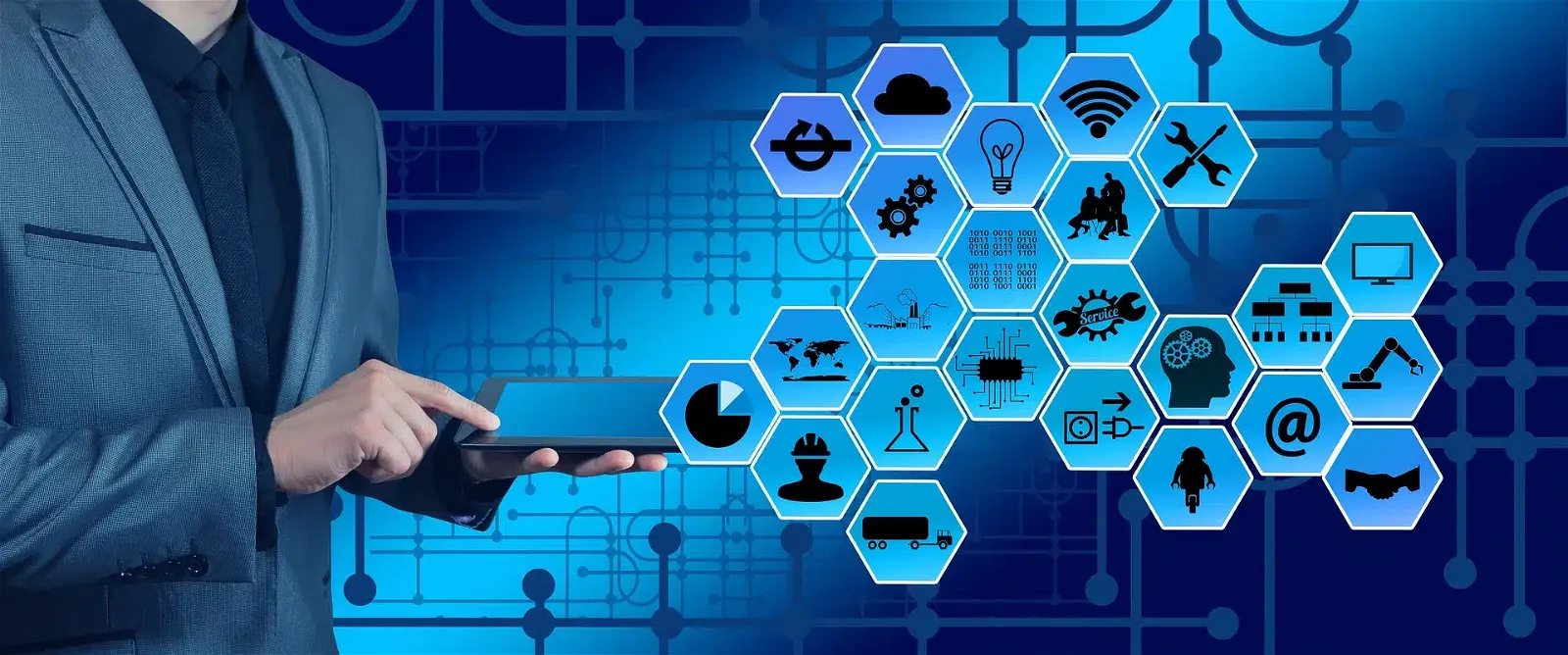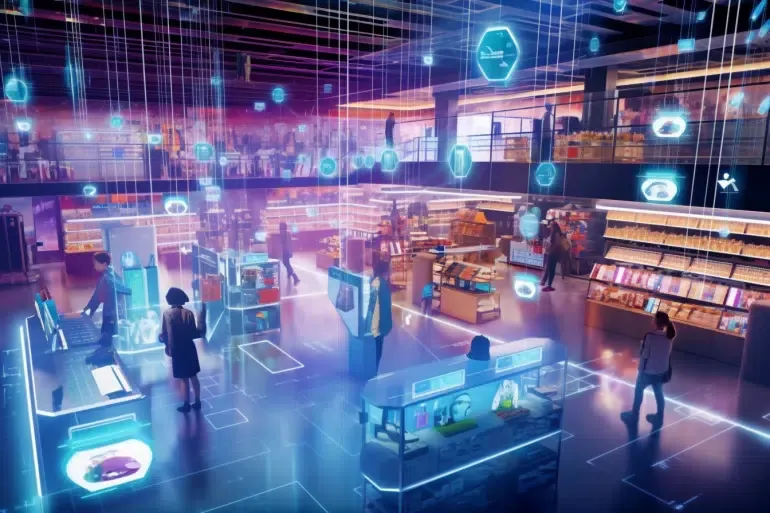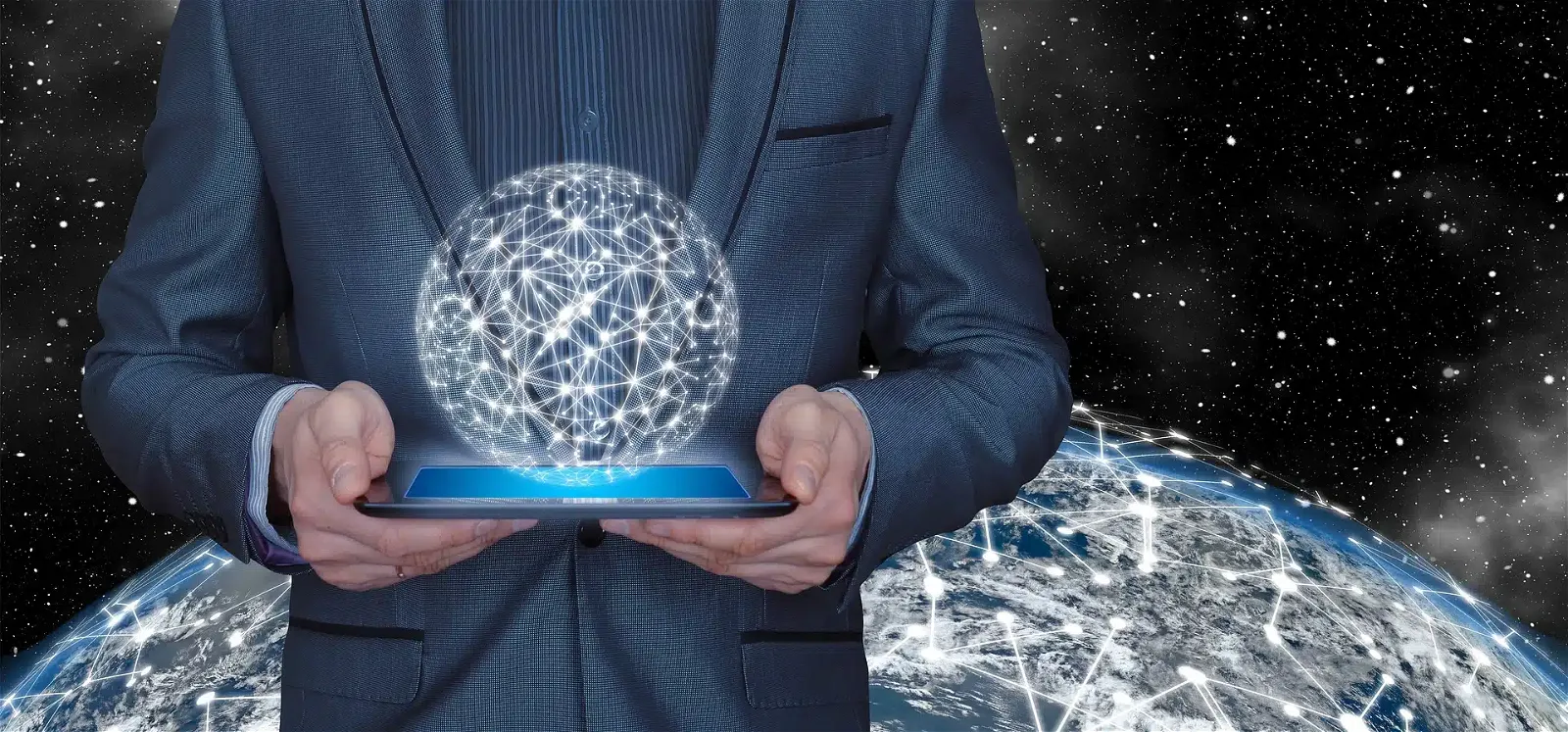How Web 3.0 Will Change the Future of E-commerce
Discover how Web 3.0’s innovative technology is going to revolutionize the e-commerce industry in ways that were previously unimaginable. Get ready for a paradigm shift!

The Semantic Web, commonly referred to as Web 3.0, is the newest version of the internet that will likely significantly alter how we interact with data and information. Data is connected to this machine over the internet, and without human intervention, robots can decipher the meaning of the data. Web 3.0 is bringing a lot of changes to the e-commerce industry.
Explore our comprehensive guide to the latest trends and innovations. So, without further ado, let’s get started.
Understanding Web 3.0 and its impact on e-commerce
Web 3.0’s ability to provide consumers with more individualized and targeted experiences holds the potential to have a huge impact on e-commerce.
E-commerce platforms, for instance, can use AI and ML to better understand customer preferences, behaviors, and purchase histories to make recommendations, offers, and promotions that are more pertinent to their needs. Blockchain technology can also be used to generate transactions that are more transparent and secure. This will help promote confidence between buyers and sellers.
To stay ahead, read our blog to find out the top Web 3.0 trends in 2023-24.
The importance of Web 3.0 for the future of e-commerce
One cannot overestimate the value of Web 3.0 for the development of e-commerce. E-commerce will be improved in intelligence, personalization, and security with Web 3.0. Here’s a look at the effects:

Importance of Web 3.0 for the future of e-commerce – Image via Pixabay
Less reliance on intermediaries
Web 3.0 e-commerce will make it possible to build decentralized e-commerce systems that allow direct communication between consumers and sellers without the aid of middlemen like Amazon or eBay. Both buyers and sellers will benefit from lower transaction costs and higher profit margins as a result.
Peer-to-peer networking on the rise
Web 3.0 will enable e-commerce websites to customize each user’s buying experience based on their particular interests and preferences. Due to increased client retention and loyalty, sales and revenue will improve as a result.
Enhanced trust and security
Web 3.0 will use blockchain technology to create a more secure environment for e-commerce transactions. Consequently, this will eliminate the risk of fraud, and improve client data security.
More personalized communication
Web 3.0 will make it possible for online retailers to make more informed and tailored product recommendations based on a user’s search history, browsing habits, and preferences. Moreover, this will improve the customer’s shopping experience and increase the likelihood that they will make a purchase.
Therefore, using Web 3.0, e-commerce companies can engage with their clients in a highly personalized manner and go beyond offering general product recommendations.
The impact of Web 3.0 on internet privacy is commendable. Read more about it today.
How will Web3 change the ecommerce?
Web 3.0’s ability to offer a more intelligent, individual, and secure buying experience has the potential to completely change the e-commerce sector. Businesses that use Web 3.0 technologies will be better prepared to succeed in the future as e-commerce continues to develop.
Web 3.0 e-commerce will have a significant influence because:

Web 3.0 influencing e-commerce
Quality content becomes more important
With the advent of Web 3.0, quality content will become more crucial. Quality content will be easier for search engines to identify and rank higher in search results. This will compel e-commerce companies to spend money creating valuable content for their customers.
Contextualizing information for customers
Web 3.0 will make it possible for e-commerce companies to give their customers access to more contextually pertinent information. Businesses may deliver information that satisfies each customer’s unique demands and interests by using data like location, browsing history, and social media behavior.
Refining search engines
With Web 3.0, search engines will be better able to comprehend the purpose behind user searches, producing more accurate and pertinent search results. The likelihood of a sale will rise, and the customer’s shopping experience will be improved.
Customizing online content
Web 3.0 e-commerce will make it possible for e-commerce companies to generate personalized online content that is catered to the unique demands and interests of each customer. Due to increased consumer involvement and loyalty, sales and revenue will improve as a result.
Strategies for e-commerce businesses in the age of Web 3.0
Strategies can help e-commerce companies position themselves for success in this era. Companies that have a successful business strategy and offer subscriptions and licenses can provide their customers with a more customized and engaging shopping experience while also earning recurring revenue and developing brand loyalty.
Leverage the opportunities brought by Web 3.0 and learn how to invest in it.
Some strategies are given below:

Strategies for e-commerce businesses – Image via Pixabay
Developing an effective business model
E-commerce companies should assess their current business models and think about implementing new ones that take advantage of Web 3.0’s prospects. They could investigate the possibility of decentralized markets, tokenization, or subscription-based business models, for instance.
Obtaining access to customer data
To gain insights into customer behavior and preferences, e-commerce enterprises should use data analytics and artificial intelligence. Businesses will be able to give more individualized suggestions and deals that cater to the demands of certain clients thanks to this.
Creating strong customer relationships
By offering outstanding customer care, individualized experiences, and continual involvement, e-commerce enterprises should concentrate on strengthening their ties with their clients. Additionally, this will assist organizations in building consumer loyalty and a network of brand evangelists.
Personalizing customer selections
Online retailers should use client information to customize product recommendations and options. The likelihood of a sale will rise, and the customer experience will improve.
Offering subscriptions and licenses
E-commerce enterprises can offer subscriptions and licenses to generate recurring revenue and build long-term relationships with clients. Subscriptions to goods, services, or content fall under this category.
The future of e-commerce with Web 3.0
The future of e-commerce appears promising as Web 3.0 technologies continue to advance and become more established. The following are some potential ways that Web 3.0 could transform e-commerce:

E-commerce in today’s age – Image via Pixabay
Greater decentralization and democratization
The emphasis on decentralization, which means that no single body has total control over the network, is one of the key characteristics of Web 3.0 e-commerce. This could result in more decentralized marketplaces for e-commerce, where buyers and sellers can deal directly without the need for middlemen. This might contribute to charge reduction, increased confidence, and transparency in the e-commerce industry.
Increased flexibility and adaptability
Web 3.0 technologies offer greater adaptability and flexibility than older web technologies, potentially simplifying how e-commerce companies respond to changing consumer demands and market situations. For instance, decentralized storage solutions could make it simpler to store and distribute inventory and product information, while blockchain-based smart contracts might enable more flexible payment alternatives.
New opportunities for growth and innovation
Although Web 3.0 technologies are still in their infancy, they have already given rise to a wide variety of new enterprises and applications. We should anticipate much more innovation in the e-commerce sector as these technologies develop. Additionally, this can range from new payment methods to more effective supply chain management strategies.
Meeting the evolving needs and expectations of customers
E-commerce companies will need to meet the expectations of an increasingly tech-savvy and demanding clientele. With features like social shopping and virtual reality shopping, Web 3.0 technologies could assist businesses in providing more individualized and interesting experiences. More customer satisfaction and loyalty may result from this, which may boost sales.
As we come to the end of this blog, continue your learning journey and find out how Web 3.0 will shape the future of social media.






